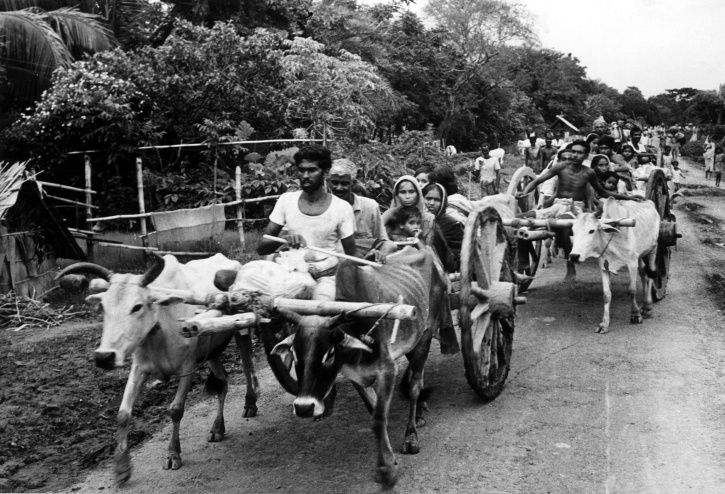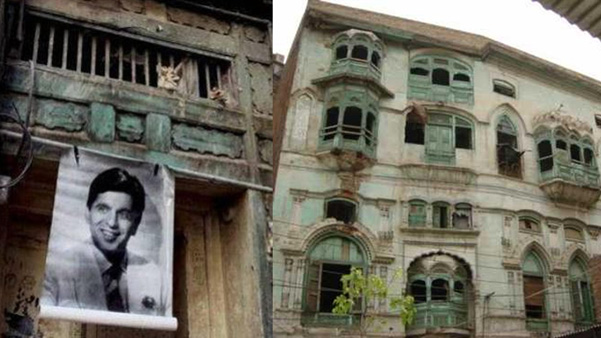By: Sultan ul Arifeen

During British colonial rule in the Sub-Continent, the British government created and consolidated two key institutions that aimed to serve their interests: the military and the bureaucracy. However, the recruitment process for these institutions was not solely based on merit, but rather was designed to support the British strategy of dividing and ruling the diverse cultural and ethnic groups in the region.
To maintain their stronghold, the British classified civil services into three categories: imperial, provincial, and subordinate services. The imperial service was reserved exclusively for British nationals, while the provincial and subordinate services were open to selected Indians who lacked strong nationalist sentiments. This policy not only perpetuated the divide between the colonizers and the colonized but also created a social hierarchy within the Indian population that served the British Interests.
In the military, the British introduced the concept of martial races, which favored certain groups over others. The Sikhs, Pathans, Gorkhas, and other groups who had resisted or supported the British during the 1857 mutiny were considered martial races, while the Bengalis, Dehalwis, Awadhis, and other groups who had participated in the rebellion were not. This discriminatory policy was designed to pit different ethnic groups against each other and prevent them from forming a united front against British rule.
The British maintained this policy throughout their rule, avoiding the formation of a national army that could challenge their authority. By doing so, they ensured that the Indian army was divided along ethnic and linguistic fault lines, making it easier for the British to maintain control. This policy had a long-lasting impact on the Indian military, and even after independence, the Indian army struggled to overcome the divide created by the British.
This divide-and-rule strategy of ruling the diverse cultural and ethnic groups in the Sub-Continent through the creation and consolidation of the military and bureaucracy was a deliberate attempt to perpetuate their hold on power. The legacy of this policy is still felt today in the region, as it continues to shape the political, social, and economic landscape of the Sub-Continent.
After getting independence, India made a conscious decision to build a national army that would be inclusive and representative of the country’s diverse population. In contrast, Pakistan inherited the same military and bureaucratic structures that the British had established during colonial rule. This left Pakistan in a precarious security situation, as the country lacked a strong national identity and faced constant political and social instability.
Despite the vision of its founding father, Muhammad Ali Jinnah, Pakistan found itself heavily reliant on the more professional and experienced civil servants and military officers to manage its affairs. This reinforced the British legacy of an elite armed and bureaucratic structure in the country and legitimized their role in its political process. The military and bureaucracy became the dominant institutions in Pakistan’s society, with the army gaining significant power and influence in the country’s politics.
The historical and structural legacy of British colonial rule is one of the main reasons behind the enhanced role of the military in Pakistan’s politics. However, this role is not sustainable or desirable for the country’s development and democracy. The military’s involvement in politics has led to a lack of accountability and transparency and has stifled the growth of democratic institutions in the country.
Pakistan needs to reform its institutions and foster a more inclusive and representative civil-military relationship that reflects its diverse and dynamic society. The country needs to move away from the legacy of the British colonial era and create a more inclusive and democratic system that reflects the aspirations of its people. This will require significant political will, institutional reform, and a long-term commitment to strengthening the country’s democratic institutions.
The future of Pakistan’s democracy and development depends on its ability to overcome the legacy of British colonial rule and build a more inclusive and representative society. The country needs to embrace its diversity and foster a civil-military relationship that is based on trust, transparency, and accountability. Only then can Pakistan achieve lasting peace, stability, and prosperity for its people.
The writer is an academic and research scholar. He can be reached at [email protected]








